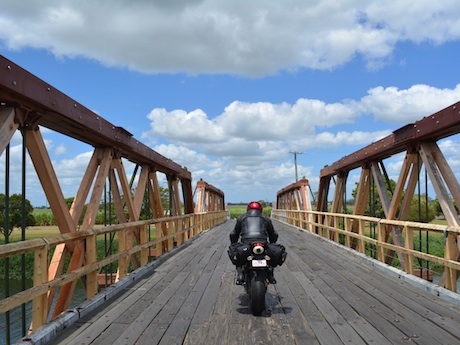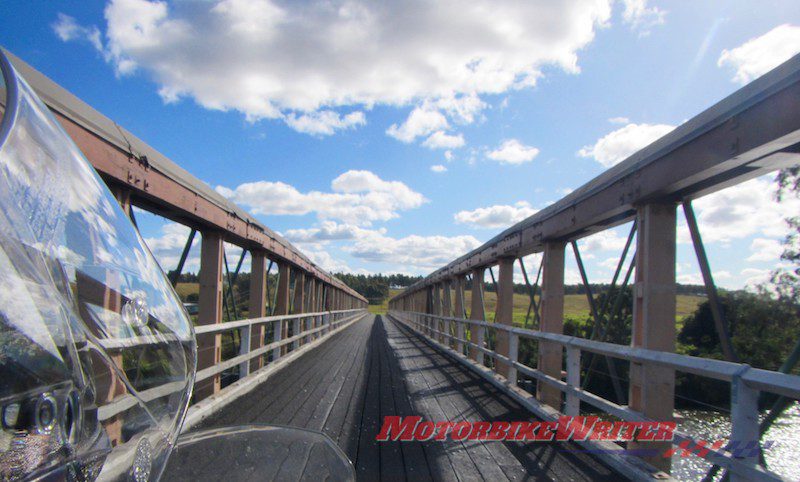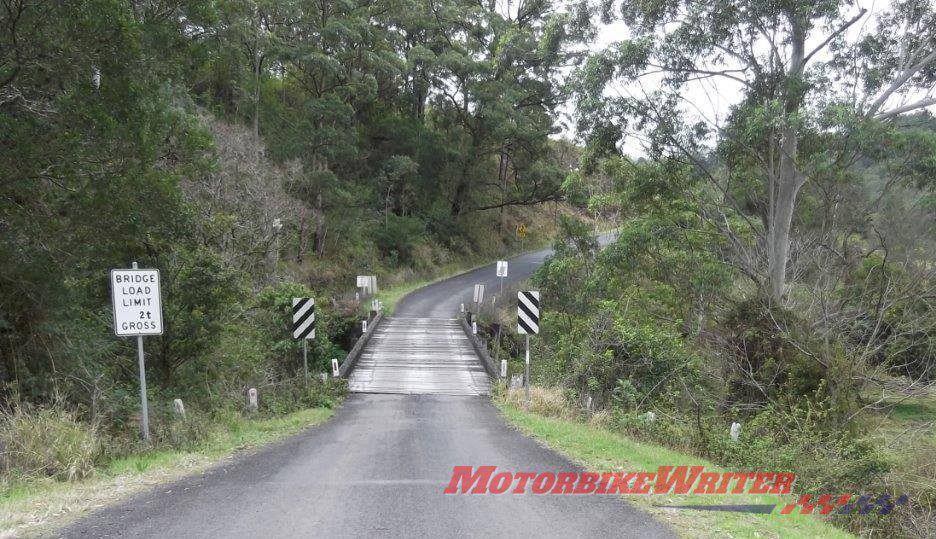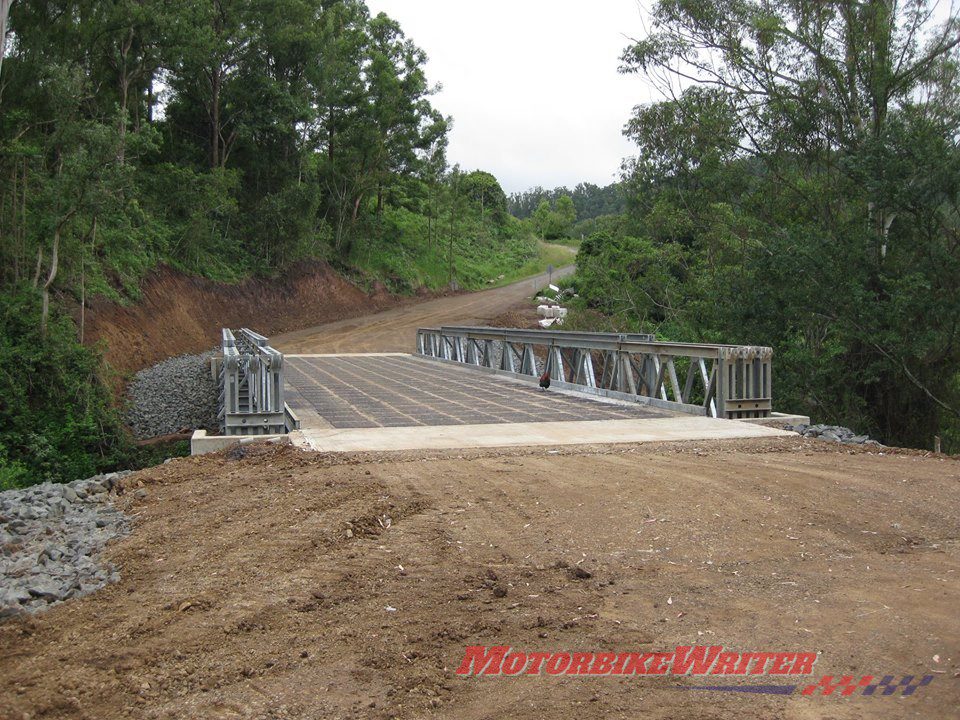Timber bridges add authenticity to a rural ride, but they can be a particular danger to riders with longitudinal planks, rotting wood and exposed spikes.
The Australian Local Government Association (ALGA) says one in five of these local timber bridges are in poor condition and there is an extensive backlog of bridges that need fixing.
They have called for permanency of the Federal Bridges Renewal Program to help fix or replace local timber bridges.
The findings come from the 2018 National State of the Assets: Roads and Community Infrastructure Report, launched today (November 20, 2018) at the National Local Roads and Transport Congress in Alice Springs.
Bridge repair backlog
ALGA President Mayor David O’Loughlin says that despite increased investment to renew bridges and the continued effort of councils to extend the life of their ageing assets, the backlog of bridges in poor condition remain largely unchanged.
“Councils are doing their best to bring these bridges up to a reasonable condition but this report shows that the scale of the problem is beyond the current resources and revenue streams available to councils,” David says.
“The Bridges Renewal Program has proved to be a very successful and important partnership between the Commonwealth and councils to improve road safety and freight productivity; more than 205 local bridges have been fixed using around $120 million of Commonwealth funding.
“Councils are keen to continue this partnership to deliver this important work and are calling for the program to be made permanent.”
Timber bridges replaced
Earlier this year the famed Lions Rd crossing the NSW-Queensland border was reopened after 18 months of bridgework that required replacing timber bridges with concrete constructions.
Kyogle Council received $2 million through the Australian Government’s Bridge Renewal program to replace the timber bridges, five of which have load limits between 2 and 25 tonnes imposed on them.
However, the ALGA is calling fr an end to the uncertainty of the Bridges Renewal Program.
They say further budgetary pressure has been placed on them with Commonwealth Financial Assistance Grants (FAGs) declining steadily over the past 20 years.
It has fallen from 1% of Commonwealth Taxation Revenue in 1996 to just 0.55% today.
The result is the poor state of our rural roads and was the focus of the Bad Roads Rally at the weekend ahead of this weekend’s Victorian election.
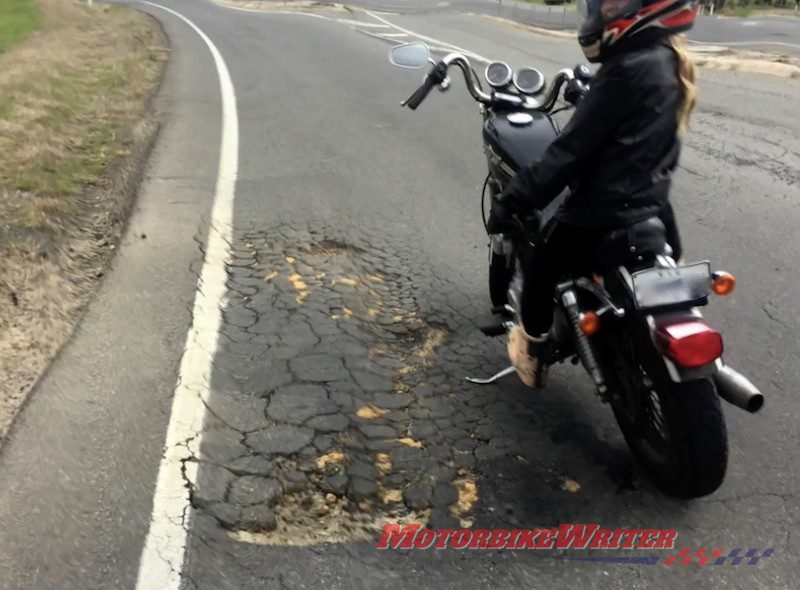


David says the short fall in FAGs funding has been “swept under the rug for too long and the impact has been most acutely felt in regional and remote councils throughout Australia”.
“The Bridges Renewal program helps tackle the backlog in fixing bridges, but a fairer share of Commonwealth taxes is vital to restoring sustainable levels of funding in the longer term, particularly for our regional and remote communities,” he says.
“That is why we are also calling for a restoration of the FAGs funding levels back to at least 1% of CTR to ensure our councils are adequately resourced to provide, maintain and renew the infrastructure and services our communities deserve.”
More than 400 councils across Australia provided data for the 2018 State of the Assets report.
ALGA’s election document outlines its federal election policy initiatives and is available at www.allpoliticsislocal.com.au


